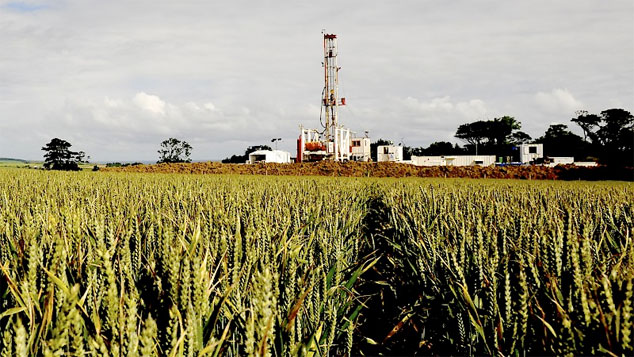
Imagine working for 50-odd years at an RAF radar station in Yorkshire. You retire to a five-acre farm nearby with your comfortable but not exactly luxurious pension. You raise a few dairy goats. Then one day someone comes by and tells you that there are millions of tonnes of a fertiliser called polyhalite under your goats. They’re going to start digging it up. And when they do, you’ll get a cut of its value. Hello luxury.
That’s what’s happened to Liz Worthy.
Sirius Mining has broken ground on what the Sunday Times called the “biggest mining project ever undertaken in Britain” and she will get a cut of the £65m-odd a year they think they will be paying out in royalties to around 500 landowners (including the Crown Estate).
However, Worthy won’t be getting anywhere near as much as some. Larger scale farms will bank “seven-figure royalty cheques”.
It’s heartwarming stuff. But is it reasonable? Why should a group of people who have done nothing in particular – taken no risk, had no ideas, dug no holes – receive a huge windfall just because they happen to own land in the right place at the right time?
It’s a question you might also ask about anyone owning land near a big taxpayer funded infrastructure project (Crossrail for example)? And if you think about too long you will end up wondering about the concept of a land value tax as a possible replacement for our current system of taxation. You can read all about that here.
In the meantime, if you aren’t lucky enough to own a farm in the right place in Yorkshire but still fancy an outside chance of getting rich from polyhalite you could buy the shares (LSE: SXX). We haven’t looked at the company in detail but it is getting into a high-risk business: the construction work will be tough, the project is huge and the market is uncertain. Midas in the Mail on Sunday rates it “an adventurous long term buy.”